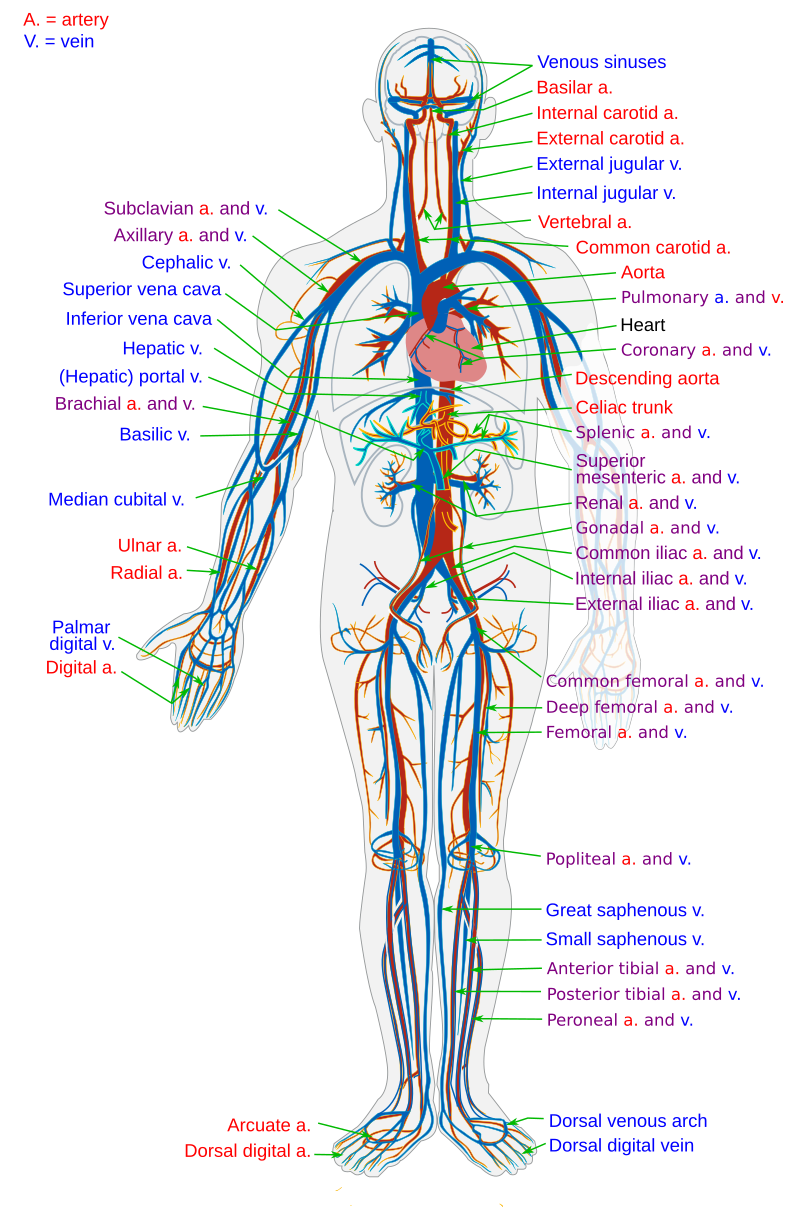Recognizing Silent Symptoms of Heart Disease: A Critical Guide

Cardiovascular diseases (CVDs) represent a significant global health crisis, claiming approximately 17.9 million lives each year, according to the World Health Organization (WHO). Notably, CVDs account for roughly 32% of all global deaths, with a disproportionate impact on low- and middle-income countries, where four out of five fatalities occur. The American Heart Association (AHA) further highlights that heart disease is the leading cause of death in the United States, where a staggering 805,000 individuals experience heart attacks annually, equating to one occurring every 40 seconds. Given these alarming statistics, timely recognition of early warning signs is paramount for enhancing patient outcomes and reducing mortality rates.
One of the most critical symptoms to recognize is chest pain or discomfort, commonly associated with poor blood flow to the heart. This condition, known as angina, can manifest as a crushing pain or mild discomfort that varies significantly among individuals. According to Dr. Emily Roberts, a cardiologist at the Cleveland Clinic, "Chest pain can radiate to the arms, neck, or back, making it essential for individuals to understand the different presentations of this symptom."
Shortness of breath is another significant indicator of heart issues. As detailed by Dr. James Lee, Associate Professor of Cardiology at Johns Hopkins University, "When the heart fails to pump effectively, blood can back up into the lungs, leading to fluid accumulation and subsequent shortness of breath, especially during physical exertion or when lying flat."
Fatigue can also signal underlying heart problems. Dr. Sarah Johnson, Professor of Medicine at Harvard Medical School, states, "Unexplained fatigue, particularly if it interferes with daily activities, may be a sign of heart dysfunction, especially in women and older adults."
Swelling in the legs, ankles, or feet, known as edema, may occur as the heart's ability to pump blood diminishes. According to the Centers for Disease Control and Prevention (CDC), this fluid retention can also affect the stomach, leading to noticeable weight gain. Dizziness or fainting spells may indicate arrhythmias or other cardiac issues, emphasizing the need for medical evaluation if these symptoms persist.
Palpitations, or the sensation of a racing heart, can be symptomatic of irregular heart rhythms. As noted by Dr. Robert Black, a cardiologist with the American College of Cardiology, "Experiencing frequent palpitations warrants further investigation, as they can indicate serious underlying heart conditions."
Additionally, persistent cough or wheezing, particularly if it is associated with pink or bloody mucus, may signal fluid accumulation in the lungs due to heart failure. Frequent nighttime urination, or nocturia, can also be a subtle sign of heart issues, as fluid returning to the bloodstream while lying down can lead to increased urination.
Finally, skin discoloration, such as a bluish tint, can indicate poor blood circulation, often linked to severe cardiovascular problems. Dr. Karen Mitchell, an expert in vascular health at the Mayo Clinic, warns, "Any noticeable change in skin color should prompt an immediate consultation with a healthcare provider."
Recognizing these silent symptoms is crucial for timely medical intervention. Individuals experiencing any of these signs should seek medical attention promptly to ensure their heart health is thoroughly evaluated. As the WHO emphasizes, early detection and treatment of cardiovascular diseases can significantly improve outcomes and save lives. With awareness and timely action, individuals can take proactive steps toward safeguarding their cardiovascular health.
Advertisement
Tags
Advertisement




